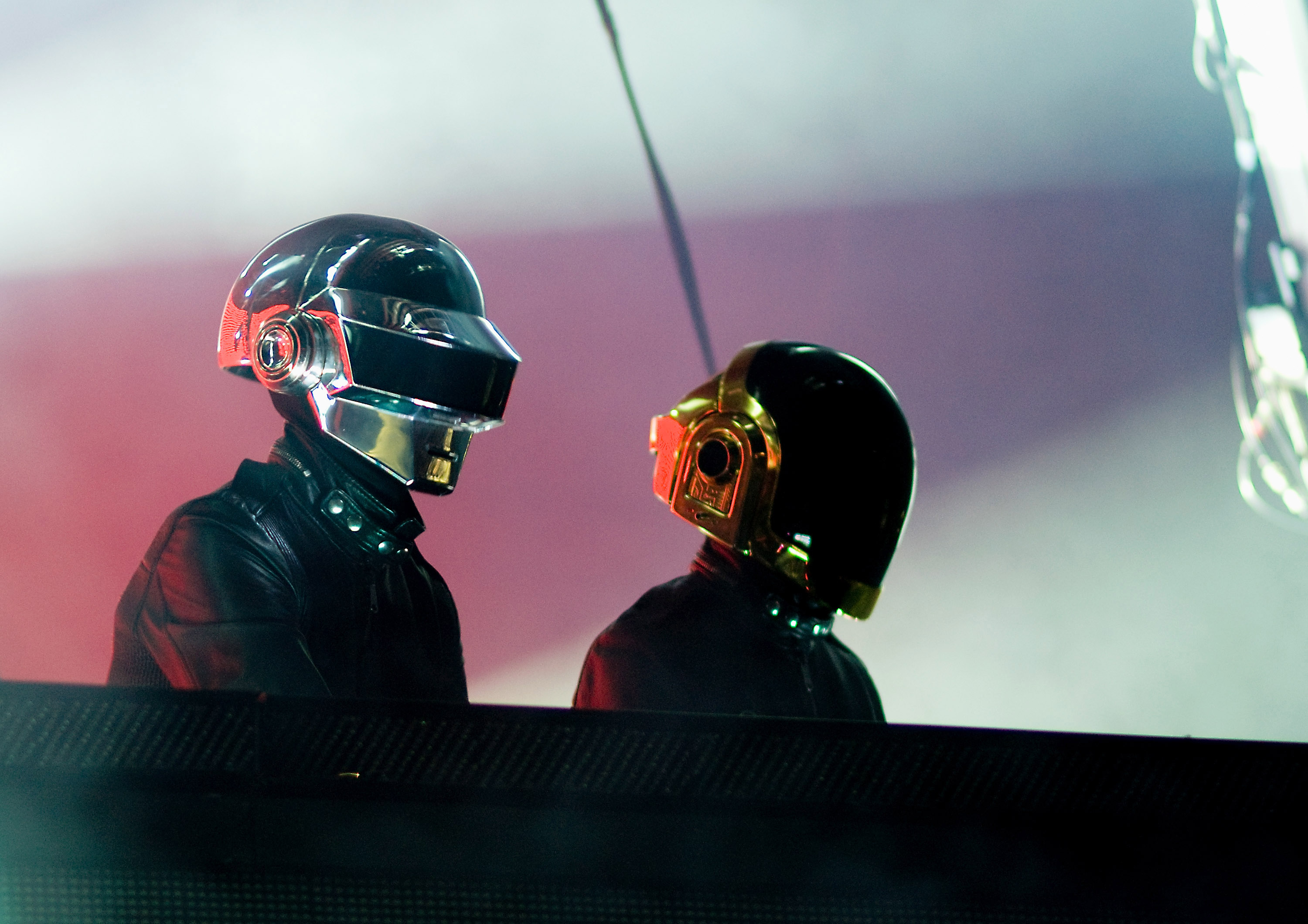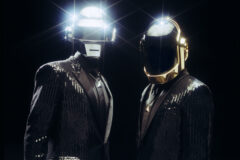In some of his first detailed comments about Daft Punk‘s surprise 2021 split, group member Thomas Bangalter says he has no regrets about hanging up his robot costume. During an interview with BBC centered around his score for the ballet Mythologies, Bangalter bluntly stated, “As much as I love this character, the last thing I would want to be, in the world we live in, in 2023, is a robot.”
“I almost consider the character of the robots like a Marina Abramović performance art installation that lasted for 20 years,” he added. “We tried to use these machines to express something extremely moving that a machine cannot feel, but a human can. We were always on the side of humanity and not on the side of technology.”
As previously reported, Daft Punk is back in the news ahead of the May 12 10th anniversary reissue of its final album, 2013’s beloved Random Access Memories. The first track released from the project is “The Writing of Fragments of Time,” which chronicles the making of the song eventually rechristened “Fragments of Time” on the finished album and featuring vocalist Todd Edwards.
“It’s fun because it was quite unexpected,” Bangalter said of this version of the song. “Todd and I weren’t aware the engineer was recording the session, so we were able to be very spontaneous.”
Only now that Daft Punk is no longer active did Bangalter and musical partner Guy-Manuel de Homem Christo feel comfortable opening up their archives, with Bangalter telling the BBC, “It was a very important point for me and Guy-Man to not spoil the narrative while it was happening. Now the story has ended, it felt interesting to reveal part of the creative process that is very much human-based and not algorithmic of any sort.”
In the interview, Bangalter also addressed the rise of artificial intelligence (“my concerns go beyond its use in music creation,” he admitted) and how Daft Punk’s robot concept was often misinterpreted. “We tried to use these machines to express something extremely moving that a machine cannot feel, but a human can,” he said. “We were always on the side of humanity and not on the side of technology.”





